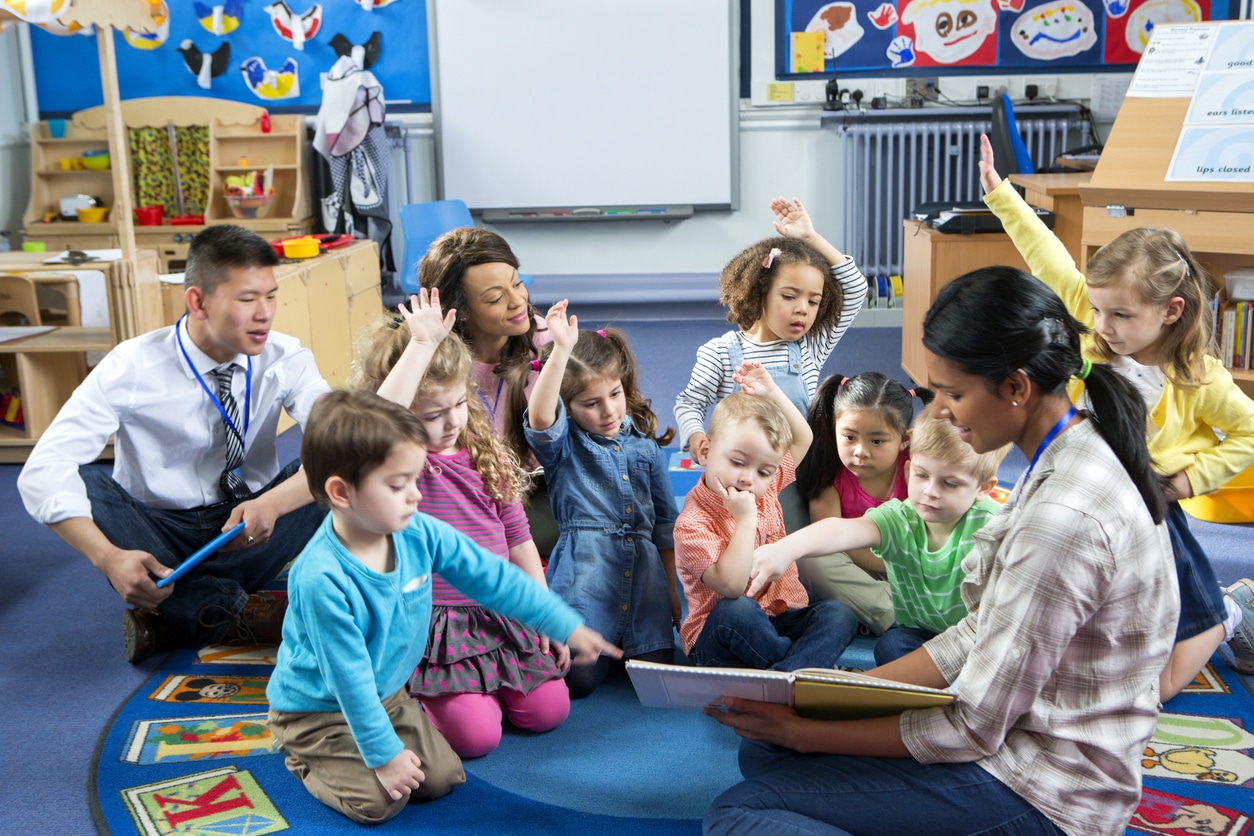Observing Behaviors Using the Child Behavior Rating Scale (CBRS)

The start of a new school year brings with it a lot of emotions – some good, like the excitement of meeting new students and establishing new routines, and some not so good, like the stress of navigating another fall in the midst of a pandemic. All of these emotions we are feeling as adults are felt by our students as well. Now that many schools have been open for four weeks or more, it’s time to start observing and noticing our students’ behaviors (either in-person or within online contexts).
Tips for Noticing Behaviors
With schools continuing to operate differently this fall, it’s important to be intentional about noticing behaviors across different contexts and consider the child holistically when completing the CBRS. To help with this process, we’d like to share some tips that will help with noticing behaviors:
Tip 1 – Be intentional
Set aside some time to intentionally observe students in your class and notice the way they interact with their peers or their tasks. While observing, consider the following:
- Does their behavior change when the task changes or when they interact with other students?
- Take notes on specific, observable behaviors. Take time to pause and notice whether your feelings or relationship with the student are influencing how you interpret and report on a student’s behavior.
- What happens before, during, and after the behavior?
Tip 2 – Make it a team effort
If the student you are observing interacts with other teachers across their school day, work with those teachers to help complete the CBRS.
- Ask about the behaviors the other teachers/staff see when they interact with the child.
- Determine if those behaviors are consistent with what you see in your classroom or if they vary.
- If the behaviors are different for the other teacher, ask for context within which the behaviors occur.
Tip 3 – Learn tips for recognizing and reducing the impact of teacher bias in teacher rating scales by reviewing this document
- Although completing the CBRS for your students will provide valuable information, it is based on your perceptions of the students’ skills, not a direct assessment. Because of this, it is important to acknowledge that the behaviors we observe as teachers are through our own lens, which will naturally include biases.
Tip 4 – Read the CBRS items carefully
- Pay close attention to the items to ensure you are scoring behaviors accurately. Specifically, carefully read items 12, 13, 20, and 21 because they are worded differently than the rest of the items on the CBRS.


Resources to Support Self-Regulation and Social Skills
VKRP isn’t just about assessments. There are many resources available on the VKRP webportal that provide support in the areas of mathematics, self-regulation, and social skills. Resources are linked at both the classroom and student level on the VKRP webportal.
On the VKRP landing page, select Instructional Resources → Resources Overview to view all available resources grouped by domain and sub-domain, or you can choose a specific learning area to view from the list. Another way to locate the resources is by selecting any of the links listed under Instructional Resources in the classroom-level or student-level reports.
Each domain and subdomain has its own page that includes the following sections:
- What is it? – defines the learning area
- Key Skills – documents that describe:
- What is it?
- Why is it important?
- How does it develop?
- Strategies to support integrated skill development throughout the day
- Resources and Activities – lists various activities that support the specific learning area
VKRP has a public webpage dedicated to resources that support readiness skills that have been carefully vetted. Scoll down to find a number of self-regulation and social skills resources, including tools for families to support feelings and ways to work through challenging behaviors.
Finally, we also want highlight the amazing ECE Resource Hub that has hundreds of resources focusing specifically on children’s social-emotional skills. When reviewing your CBRS data, we highly recommend taking a look at the December 2020 Topic of the Month focused on Supporting Children’s Emotions. We hope you will find these resources as useful as we have!
More questions? VKRP provides support via the online chat feature when you are in the system, via email vkrp@virginia.edu, and via toll free 866-301-8278 ext. 1

